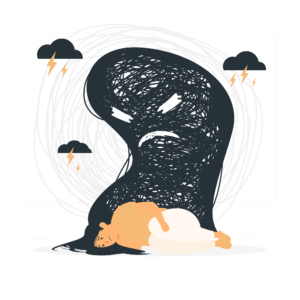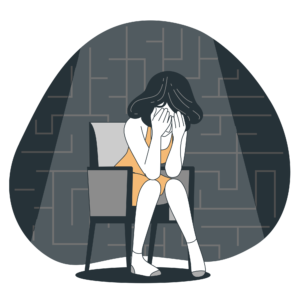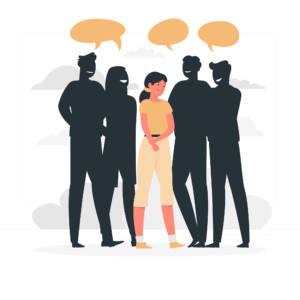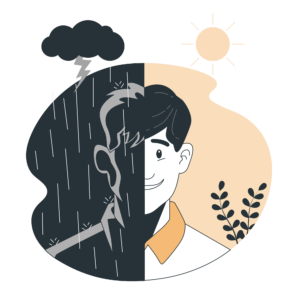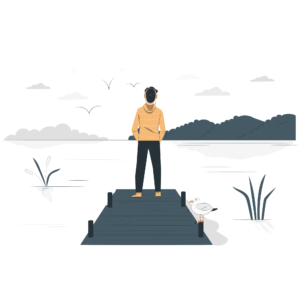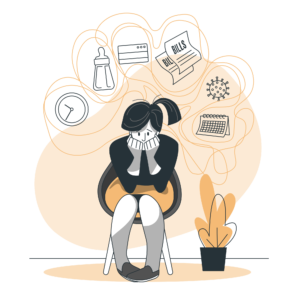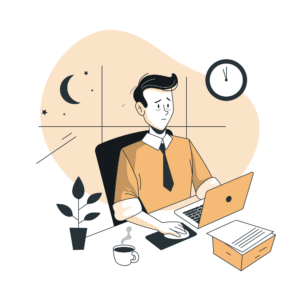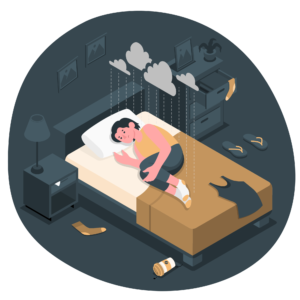
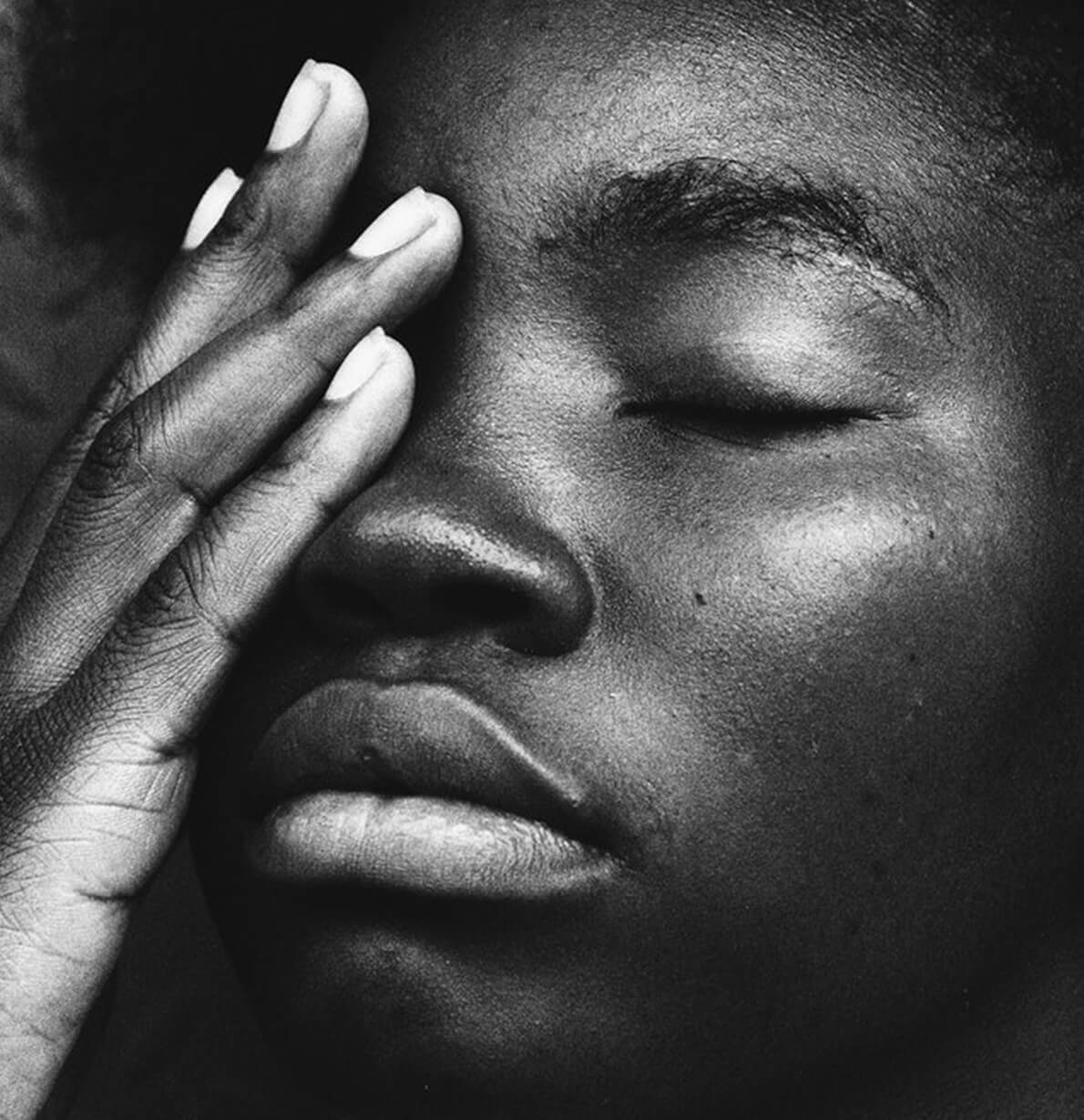

Treatment – How to get help?
Depression stems from multiple reasons, but usually people who have gone through situations such as loss, divorce, unemployment, physical trauma and abuse are more likely to develop depression. Therapy, a supportive environment and oftentimes, medication are the most common ways to treat it.
If you, or your loved one experience the above symptoms, don’t hesitate to contact us. We can guide you to the right support and services.


